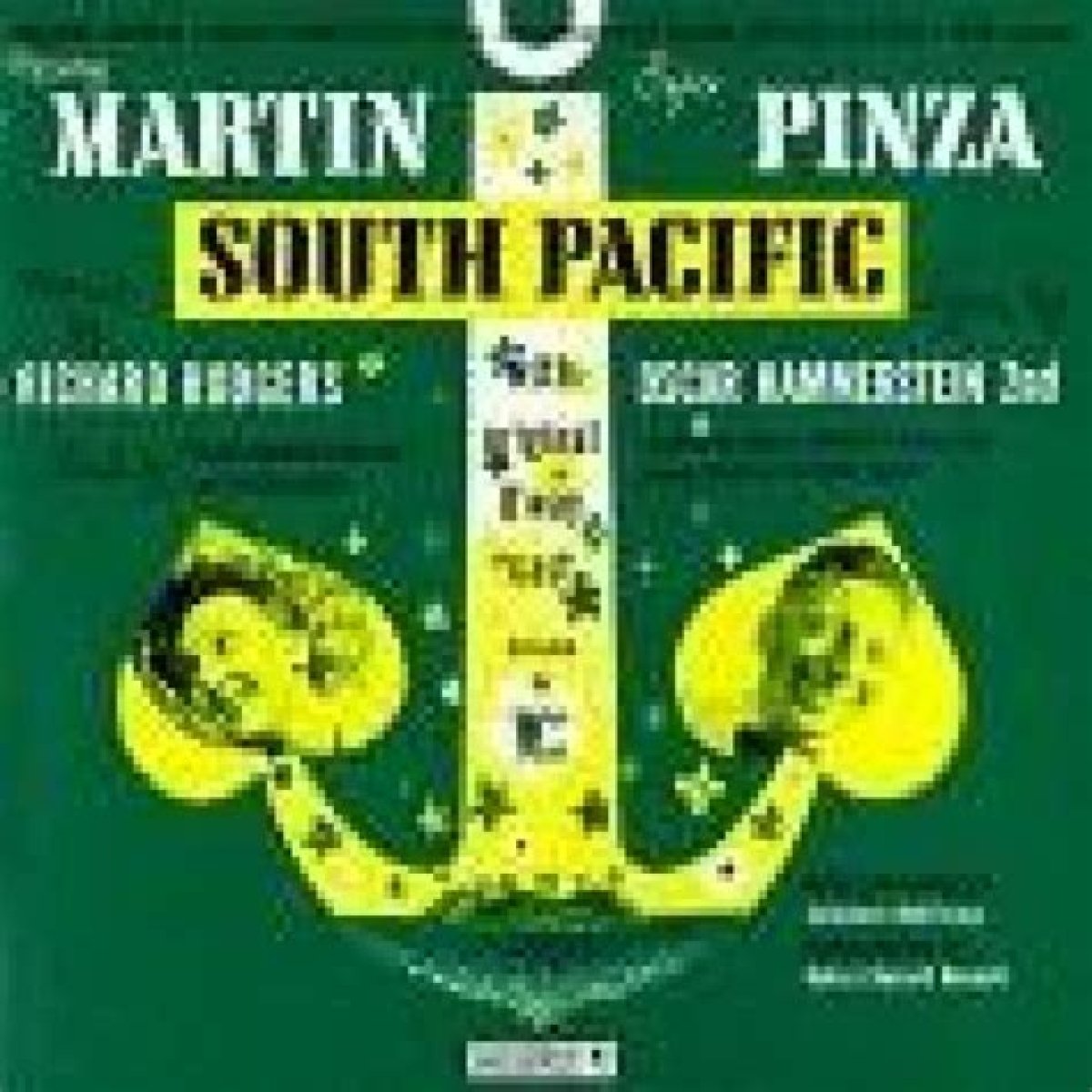- Introduction
- The Meaning of Dites-Moi
- Frequently Asked Questions about Dites-Moi
- 1. What is the origin of Dites-Moi?
- 2. Who performs Dites-Moi in the original musical?
- 3. What is the significance of Dites-Moi in the musical?
- 4. Are there any notable cover versions of Dites-Moi?
- 5. What emotions does Dites-Moi evoke in listeners?
- 6. How does Dites-Moi contribute to the overall narrative of South Pacific?
- 7. Does Dites-Moi have any cultural significance?
- 8. Are there any memorable performances of Dites-Moi in South Pacific adaptations?
- 9. What impact did Dites-Moi have on the audience and critics?
- 10. How does Dites-Moi explore the theme of ignorance and prejudice?
- 11. What makes Dites-Moi a timeless song?
- 12. How does Dites-Moi reflect the social context of its time?
Introduction
Dites-Moi is a beautiful song that originated from the classic musical, South Pacific. The song, which translates to “Tell Me” in English, holds deep meaning and captivates listeners with its touching lyrics and enchanting melody. In this article, we will delve into the profound significance behind the song. From its origins to its interpretation, we will explore the various layers that make Dites-Moi a timeless masterpiece.
The Meaning of Dites-Moi
Dites-Moi is a heartfelt plea for knowledge and understanding. Through its lyrics, the song portrays the innocence and curiosity of a child, yearning to learn more about the world. The words express a desire to comprehend the differences and wonders of various cultures, emphasizing the importance of open-mindedness and empathy.
The song is particularly significant in the context of South Pacific, which revolves around the theme of racism and prejudice. Dites-Moi serves as an introduction to the musical, setting the stage for the exploration of these deep-rooted social issues. It highlights the power of education and encourages individuals to break free from the constraints of ignorance.
Frequently Asked Questions about Dites-Moi
1. What is the origin of Dites-Moi?
The song Dites-Moi was composed by Richard Rodgers and written by Oscar Hammerstein II for the 1949 musical South Pacific. Rodgers and Hammerstein collaborated on numerous iconic musicals, and South Pacific remains one of their most beloved works.
2. Who performs Dites-Moi in the original musical?
In the original production of South Pacific, Dites-Moi is performed by the character known as “Nellie Forbush,” portrayed by Mary Martin. Over the years, this role has been taken on by various talented performers in different stage productions and revivals.
3. What is the significance of Dites-Moi in the musical?
Dites-Moi serves as the opening number of South Pacific, introducing the audience to the central themes of the show. Its lyrics encapsulate the desire for understanding and acceptance, setting the foundation for the exploration of racial prejudice and societal divisions.
4. Are there any notable cover versions of Dites-Moi?
While Dites-Moi is not as widely covered as some other songs from South Pacific, there have been notable renditions by renowned artists such as Barbra Streisand, Renee Fleming, and Kelli O’Hara. Each performer brings their unique interpretation to the song, showcasing its timeless appeal.
5. What emotions does Dites-Moi evoke in listeners?
Dites-Moi has a tender and nostalgic quality that evokes a range of emotions in listeners. Its heartfelt lyrics and gentle melody can evoke feelings of innocence, longing, and a yearning for understanding and connection.
6. How does Dites-Moi contribute to the overall narrative of South Pacific?
Dites-Moi acts as a thematic and narrative device, symbolizing the journey of discovery and enlightenment that the characters embark upon. It serves as a reminder of the power of education and empathy in breaking down barriers and overcoming prejudice.
7. Does Dites-Moi have any cultural significance?
Dites-Moi holds cultural significance as it addresses the universal human desire for knowledge and understanding. Its message of embracing diversity and learning from different cultures is timeless and relevant in today’s society.
8. Are there any memorable performances of Dites-Moi in South Pacific adaptations?
Throughout the history of South Pacific adaptations, there have been several memorable performances of Dites-Moi. Mary Martin’s portrayal of Nellie Forbush in the original Broadway production garnered critical acclaim, and subsequent revivals featured talented actresses such as Kelli O’Hara and Laura Osnes, who brought their own unique interpretations to the character.
9. What impact did Dites-Moi have on the audience and critics?
Dites-Moi, along with the other songs from South Pacific, received widespread acclaim from both audiences and critics. Its heartfelt lyrics and beautiful melody resonated deeply with listeners, contributing to the musical’s enduring popularity and critical success.
10. How does Dites-Moi explore the theme of ignorance and prejudice?
Dites-Moi sets the stage for South Pacific’s exploration of ignorance and prejudice by highlighting the importance of knowledge and understanding. The song emphasizes the ill effects of prejudice and encourages listeners to embrace diversity and challenge their preconceived notions.
11. What makes Dites-Moi a timeless song?
Dites-Moi’s timeless appeal lies in its universal message of seeking knowledge and understanding. The song’s themes of empathy, love, and acceptance continue to resonate with audiences of all generations, making it a beloved and enduring piece of musical theater.
12. How does Dites-Moi reflect the social context of its time?
When South Pacific premiered in 1949, it tackled issues of racism and prejudice that were prevalent in American society. Dites-Moi, as the opening number, set the tone for the exploration of these themes, reflecting the social context of the era and highlighting the need for change.
In conclusion, Dites-Moi from South Pacific is a profoundly meaningful song that explores the power of knowledge, acceptance, and breaking down barriers. Its timeless appeal and universal themes continue to captivate audiences, reminding us of the importance of understanding and empathy in our world.
